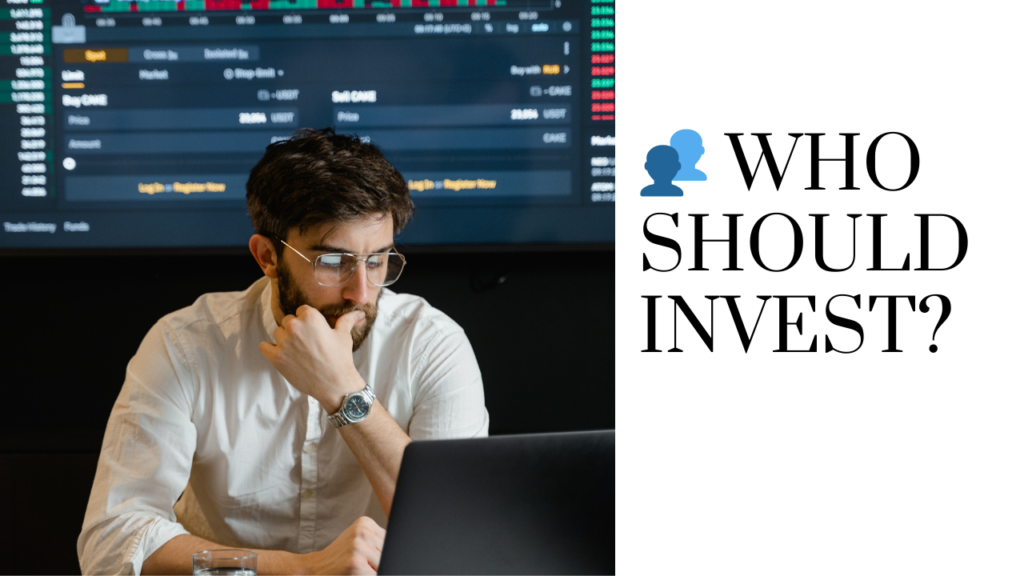Mirae Asset Nifty50 Equal Weight ETF - NFO
The Mirae Asset Nifty50 Equal Weight ETF is an upcoming New Fund Offer (NFO) that provides investors with an opportunity to invest in a diversified portfolio of the Nifty 50 companies, each with equal weightage. Here’s a comprehensive overview:

📅 NFO Details
Fund Name: Mirae Asset Nifty50 Equal Weight ETF
Fund House: Mirae Asset Mutual Fund
Fund Manager: Ekta Gala
NFO Open Date: April 30, 2025
NFO Close Date: May 6, 2025
Fund Type: Open-ended Exchange Traded Fund (ETF)
Benchmark Index: Nifty50 Equal Weight Total Return Index
NAV at Launch: ₹1 per unit
Minimum Investment: ₹5,000
Incremental Investment: Not specified
Exit Load: Nil
Risk Level: Very High
🎯 Investment Objective
The scheme aims to generate returns, before expenses, that closely correspond to the performance of the Nifty50 Equal Weight Total Return Index, subject to tracking errors. It does not guarantee or assure any returns.

📊 Sector Allocation
The Nifty50 Equal Weight Index comprises 50 large-cap companies across various sectors, each assigned equal weightage. This approach ensures diversified exposure without concentration in any single sector. Key sectors include:
Information Technology
Financial Services
Consumer Goods
Energy
Automobiles
Pharmaceuticals
Metals
Telecommunications
Infrastructure
Cement & Construction
By equally weighting each constituent, the fund mitigates the risk of overexposure to any single sector.
✅ Advantages
Diversification: Equal weighting across 50 large-cap companies reduces sector and stock-specific risks.
Potential for Balanced Returns: Avoids overconcentration in top-performing stocks, potentially leading to more stable returns.
Cost-Effective: ETFs generally have lower expense ratios compared to actively managed funds.
Liquidity: Being an ETF, it can be traded on stock exchanges, offering liquidity to investors.
⚠️ Considerations
Tracking Error: The fund’s performance may deviate from the benchmark index due to tracking errors.
Market Volatility: As an equity fund, it’s subject to market risks and volatility.
Equal Weighting Limitations: May underperform traditional market-cap-weighted indices during bull markets led by top-cap stocks.
💡 Investment Process
Demat Account: Since it’s an ETF, a Demat account is required to invest.
During NFO: Invest through the Mirae Asset Mutual Fund website or authorized distributors between April 30 and May 6, 2025.
Post-NFO: After listing, the ETF can be bought or sold on stock exchanges like NSE or BSE through your trading account.
👥 Who Should Invest?

Long-Term Investors: Those looking for diversified exposure to large-cap equities.
Cost-Conscious Investors: Individuals seeking low-cost investment options.
Passive Investors: Those preferring a passive investment strategy aligned with a benchmark index.
Investors with Demat Accounts: As ETFs require a Demat account for trading
💰 Investment Amounts
Minimum Investment: ₹5,000 during the NFO period.
Additional Investments: Not specified; post-NFO, units can be bought in multiples of one unit on the stock exchange.
SIP Option: Systematic Investment Plans (SIPs) are generally not available for ETFs.
📈 Future Prospects of the Fund
The equal weight strategy offers a diversified approach by allocating the same weight to each of the 50 Nifty constituents. This method can potentially reduce concentration risk associated with market-cap-weighted indices, where a few large-cap stocks dominate the performance. By giving equal importance to each company, the fund may capture growth opportunities from mid-sized companies within the Nifty50.
However, it’s essential to note that equal weight indices may experience higher volatility compared to their market-cap-weighted counterparts. This is due to increased exposure to smaller companies, which can be more susceptible to market fluctuations.
📌 Conclusion
The Mirae Asset Nifty50 Equal Weight ETF presents an opportunity for investors to diversify their portfolios by equally weighting investments across India’s top 50 companies. This strategy can potentially offer balanced exposure and mitigate concentration risks associated with traditional market-cap-weighted indices. However, investors should be mindful of the associated risks, including higher volatility and tracking errors. As always, it’s advisable to consult with a financial advisor to ensure alignment with individual investment goals and risk tolerance.
To Read more Information Click Here.
Also Read: Mutual fund,IPO, Demate services.
It’s the bdst time to make some plans for the future and
it’s time to be happy. I’ve read this post and
if I could I want to suggest you some interesting things
or suggestions. Maybe you could write next articles referring to thiis
article. I wish to read more things about it! http://Boyarka-inform.com/
Right here iis the perect website for everyone whho hopes to
understand this topic. Youu realize a whole lot its almost hard to
argue with you (not that I actually wouod wwant to…HaHa).
You definitely put a new spin on a topic which has been discusxed for decades.
Excelkent stuff, juyst great! http://boyarka-inform.com/
Your point of view caught my eye and was very interesting. Thanks. I have a question for you.
I don’t think the title of your article matches the content lol. Just kidding, mainly because I had some doubts after reading the article.
Thank you for your sharing. I am worried that I lack creative ideas. It is your article that makes me full of hope. Thank you. But, I have a question, can you help me? https://www.binance.com/vi/register?ref=MFN0EVO1
Your article helped me a lot, is there any more related content? Thanks!